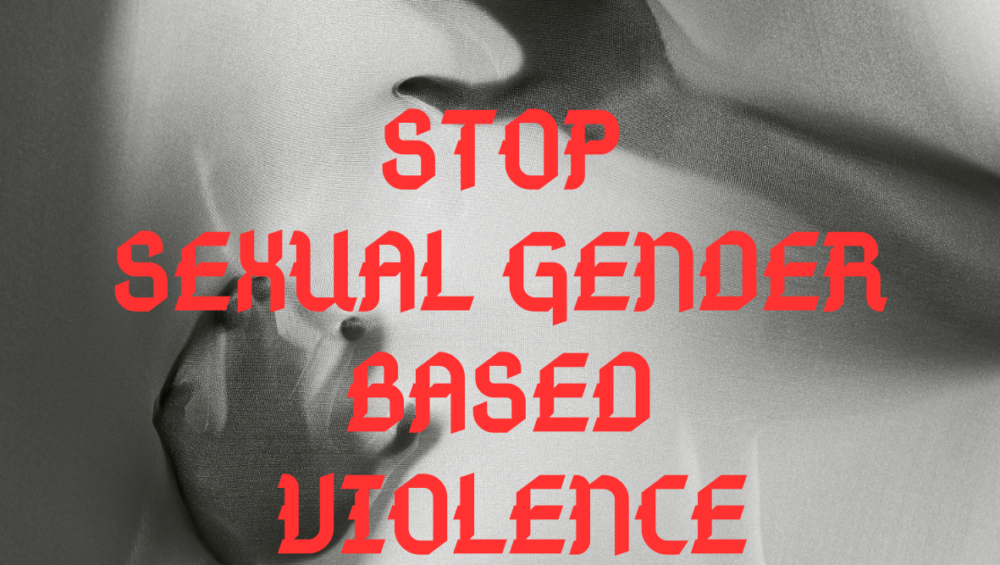The recently concluded Child Protection Week, marking the Sexual and Gender-Based Violence (SGBV) Month, has cast a glaring spotlight on a crisis that has plagued Nigeria for years. SGBV continues to fester, sustained by a deeply entrenched culture of silence, driven by fear of reprisal, concerns about family dignity, societal stigmatization, shame, and a justice system that often fails to hold perpetrators accountable. These factors have hindered efforts to bring offenders to justice and provide support for victims.
While SGBV is a nationwide issue, Lagos State has taken significant steps to confront it head-on, setting an example for the rest of the country. With progressive laws, policies aimed at deterrence, and comprehensive support services, the state has become a leader in the fight against this scourge.
At the Governor’s Commendation and Award Night, which marked the close of SGBV Month, Lagos First Lady Dr. Claudiana Ibijoke Sanwo-Olu revealed that the State Domestic and Sexual Violence Response Agency (DSVA) had addressed over 25,000 cases of domestic and sexual violence in its decade of operation. This is a significant achievement, reinforcing the state’s dedication to the cause. The campaign’s theme, “SGBV, Not On My Watch,” calls upon every member of society to take an active role in combatting abuse.
“The fight against SGBV requires collective action—religious leaders, community heads, families, and individuals must all be involved,” said Dr. Sanwo-Olu. “We cannot leave it to the government alone. Together, we must continue to strengthen our legal frameworks, expand support systems, and most importantly, break the culture of silence that allows abuse to persist.”
Governor Babajide Sanwo-Olu echoed this sentiment, noting that over the past year, the state had secured 50 convictions for sexual and gender-based violence. “We have provided holistic services to over 6,000 survivors and reached over a million Lagosians through advocacy and awareness campaigns,” he said.
The Executive Secretary of the DSVA, Mrs. Titilola Vivour-Adeniyi, stressed that the state is gradually breaking the culture of silence, urging people to come forward. “We need to pay attention to those who speak up and ensure that their voices are heard,” she said.
Law enforcement has also stepped up efforts to combat SGBV. Assistant Inspector General of Police for Zone 2, Mr. Adegoke Fayoade, emphasized the police’s commitment to ensuring that violators are prosecuted under the law. Meanwhile, Deputy Vice-Chancellor of the University of Lagos, Prof. Ayodele Atsetunwa, called for sustainable measures to address the problem, stressing that more needs to be done at all levels of society.
Throughout SGBV Month, awareness activities focused on some of society’s most vulnerable groups—children and teenagers. Events included the Child Protection and Safeguarding Week, an Advocacy Walk, and a symposium that reviewed the impact of Lagos State’s response to SGBV over the past decade. The campaign began at Eko Boys High School in Mushin and expanded to other schools, empowering young people with the knowledge and tools to stand against abuse.
Mr. Danladi Plang, Head of Programmes for the Rule of Law and Anti-Corruption Programme (RoLAC), praised the Lagos State government for its commitment to combating SGBV, while also acknowledging that more work lies ahead. “We need to build on our achievements, identify why cases are slow to process, and why convictions remain low,” he said.
Educational materials aimed at raising awareness about SGBV were distributed in schools as part of the campaign, serving as a constant reminder to students to report abuse. “The goal is to equip children with the knowledge of their rights and how to report SGBV cases to the appropriate authorities,” said Mrs. Ajibola Ijimakinwa, Lagos State Project Coordinator for RoLAC.
RoLAC, funded by the European Union and implemented by International IDEA, has been a driving force behind these efforts. Their partnership with Lagos State in the fight against SGBV is crucial, particularly in the face of disturbing statistics. According to a 2019 survey by the Nigerian National Bureau of Statistics, 30% of Nigerian women aged 15 to 49 have experienced physical violence, and 68% have encountered emotional, economic, or sexual abuse—an alarming reflection of the scale of the problem.
SGBV is a global pandemic, with women and children being the most affected. It is clear that combating this issue will require sustained efforts from all corners of society, and Lagos State’s approach offers a glimmer of hope for a future where justice for survivors becomes the norm rather than the exception.





